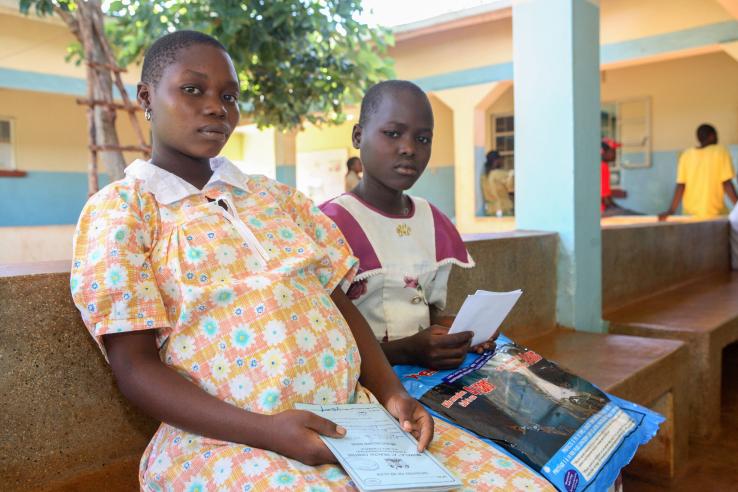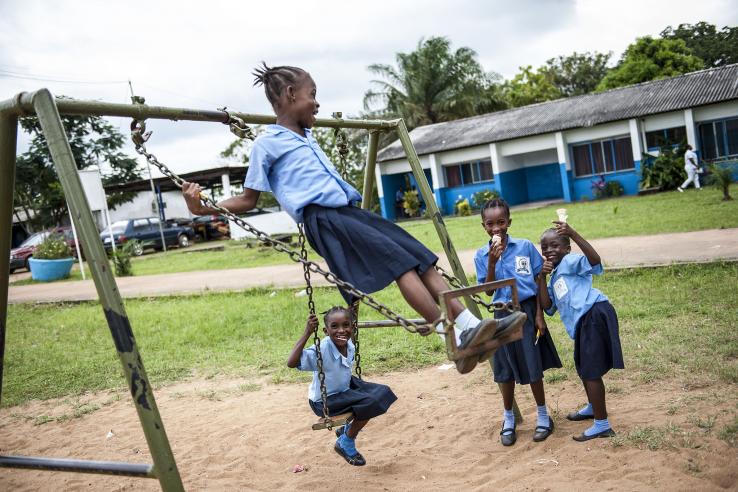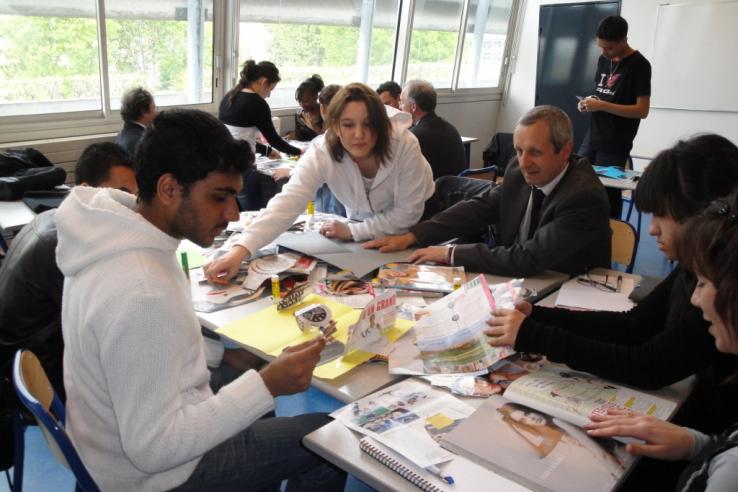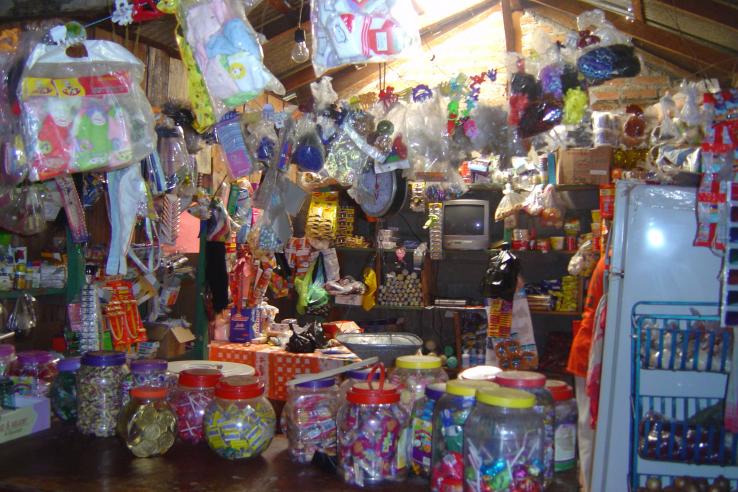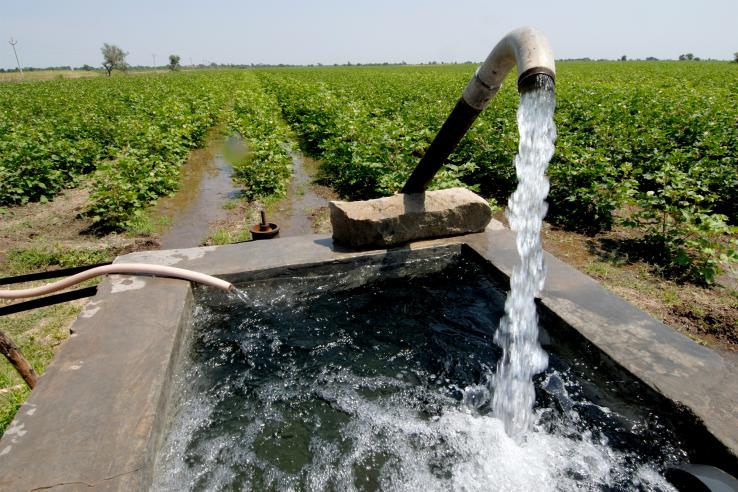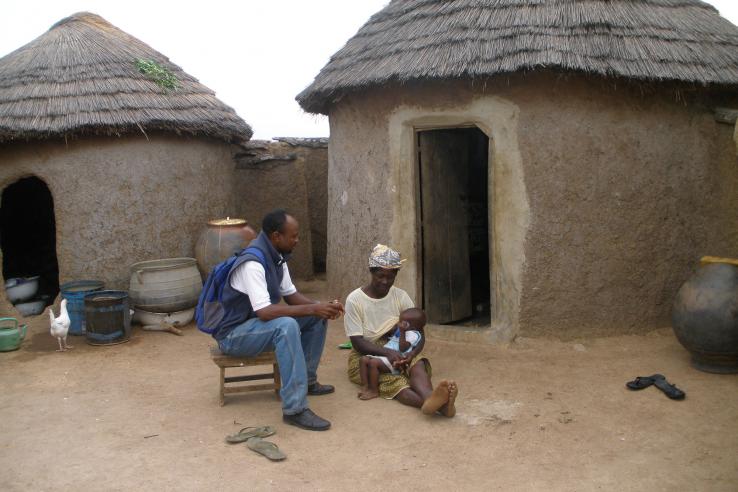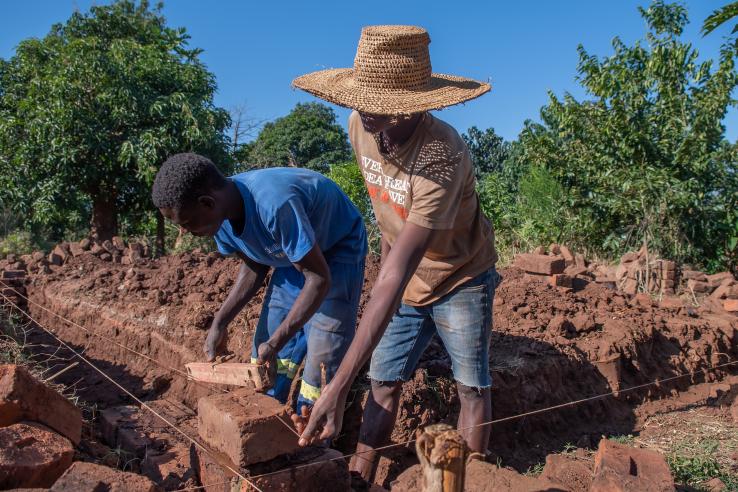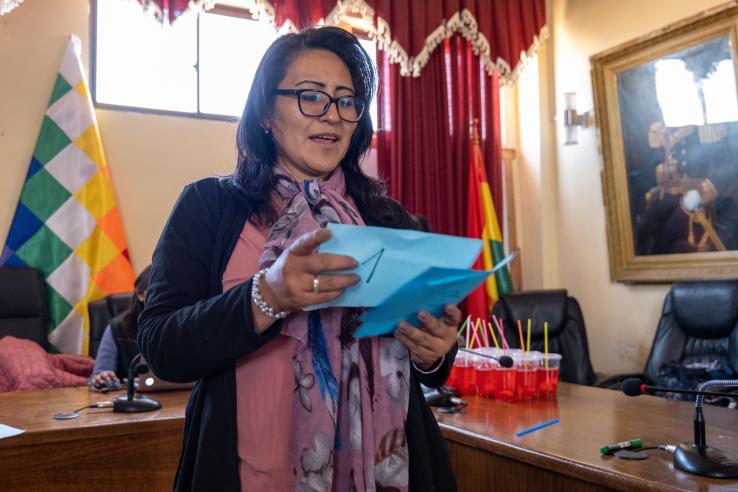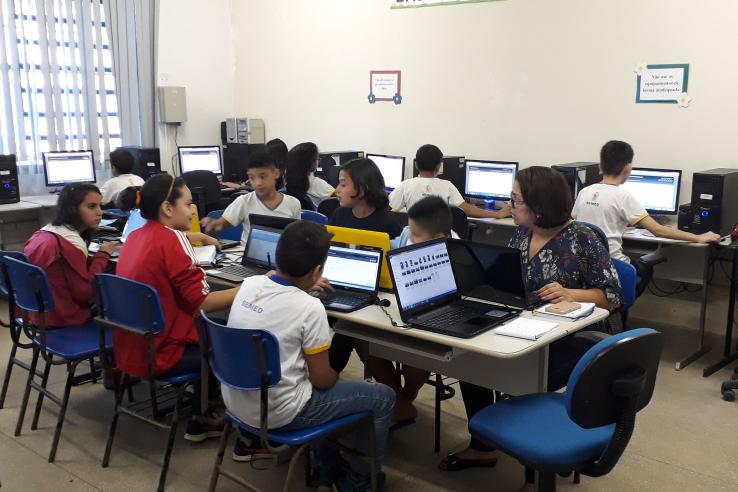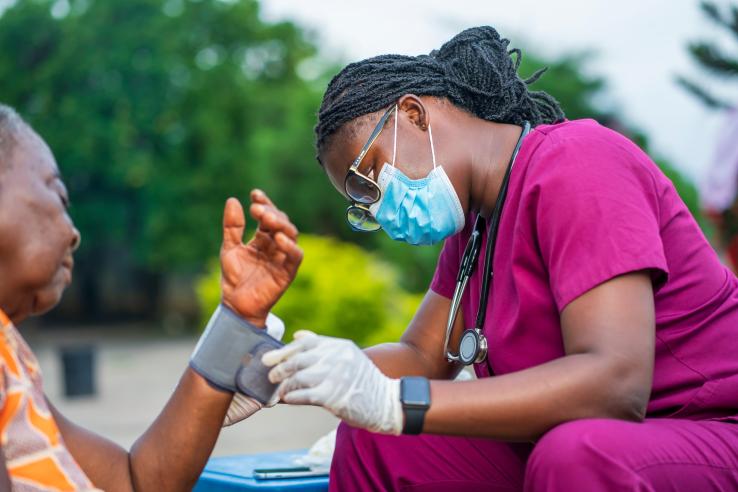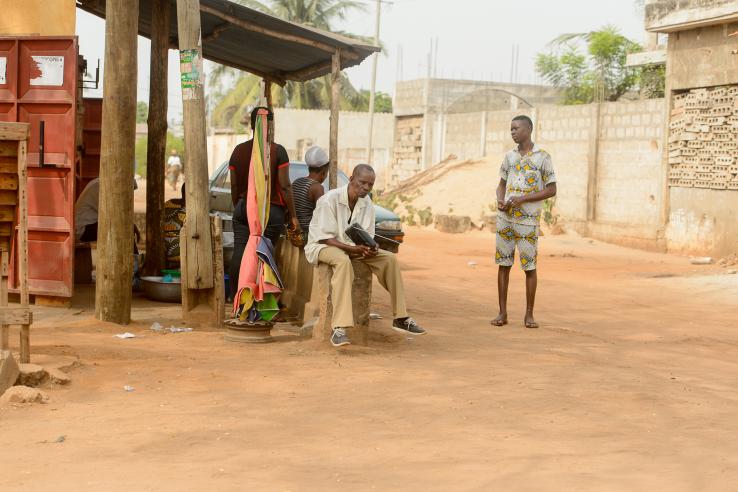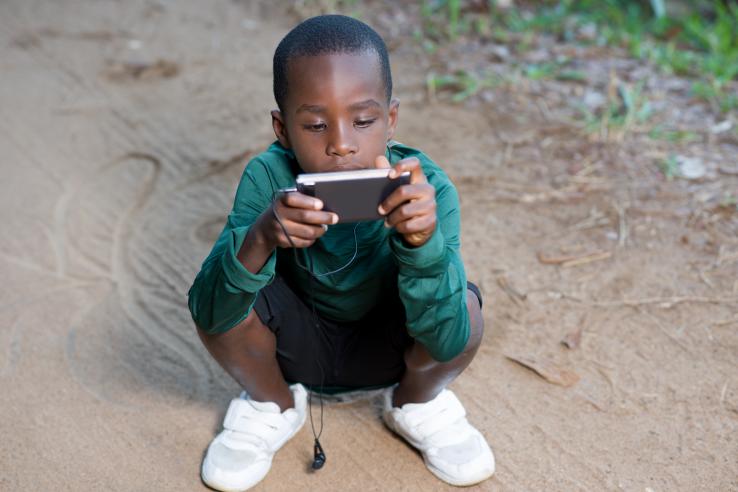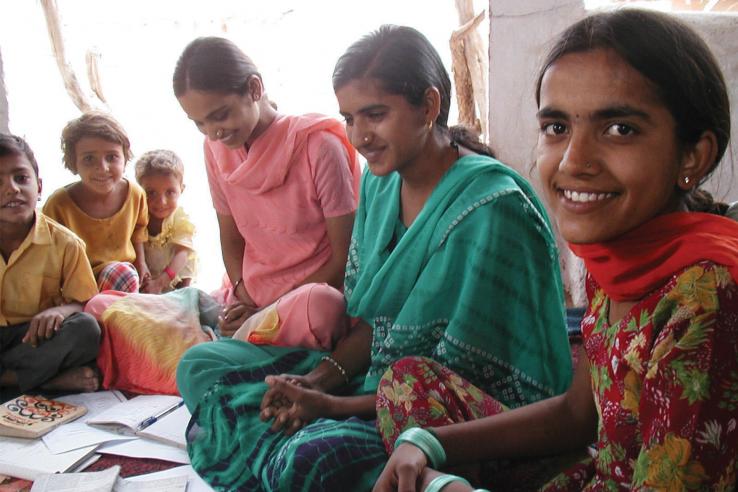Displaying 301 - 315 of 1291
Evaluation
Researchers investigated the impact of the price of insecticide-treated bed nets (ITNs) on usage and demand in Kenya. Researchers found that cost-sharing considerably dampened demand, and those who were left out under a cost-sharing scheme had very high usage rates when they could access the product for free. Because there are social health benefits from achieving a certain ITN coverage rate, the results suggest that free distribution of ITNs is both more effective and cost-effective than cost-sharing.
Evaluation
Researchers worked with Innovations for Poverty Action, the Liberian Ministry of Education, and the group of eight private operators to conduct a randomized evaluation to assess the effects of outsourcing management of public schools after one and three years.
Evaluation
Researchers examined the impact of a mentoring program on high school students' academic achievement, job market knowledge, and career-related goals. The program changed students' academic ambitions, but had no impact on their professional plans, knowledge about the professional world, or motivation for schoolwork.
Evaluation
In Nicaragua, researchers examined the impact of interacting with motivated community leaders on aspirations, household investment, and long-term living standards. They found that social interactions with these motivated community leaders increased households’ investments in education, nutrition, and income-generating activities, and improved households’ attitudes towards the future.
Evaluation
Evaluation
A randomized evaluation of the text alert program showed that the intervention reduced course failures, increased class attendance and improved in-class exam scores. The effects are larger for students with below-average GPAs and students in high school, and positive effects persist into the second year of the intervention for these groups. Results suggest low-cost parent engagement interventions can have an impact on student achievement.
Evaluation
In this evaluation, researchers seek to understand if a purely psychological savings product, which encourages customers to earmark account funds for a specific financial goal, increases savings rates. Preliminary results found that customers with a labeled Susu savings account have more total deposits than comparison customers.
Evaluation
Researchers worked with the Malawi Social Action Fund to conduct a randomized evaluation of the program’s effect on food security. They found no evidence that the program improved food security, and there were some indications that the program decreased the food security of non-beneficiaries living in the same communities as program participants.
Evaluation
Researchers used a randomized evaluation to test how local leaders influence the voluntary provision of public goods. They solicited contributions for environmental education books, which all members of the community would be able to access, and varied whether leaders made public contributions. They found that when elected community leaders were asked to set an example, they increased the amount they gave and induced followers to contribute more as well.
Evaluation
Researchers conducted a randomized evaluation to measure the impacts of the Khan Academy’s online platform on math scores in Brazilian public schools. Despite improving student’s attitudes towards math, the program had mixed impact on students’ test scores depending on program implementation and school infrastructure.
Evaluation
Researchers in Zambia introduced different kinds of awards and information on performance rankings into a year-long training for community health workers to evaluate their impact on how much trainees learned. They found that awards focused on offering recognition and improving trainees’ status and visibility in their home communities improved performance, while those that highlighted comparisons with other trainees actually harmed performance. Both these effects were greatest among low-ability trainees.
Evaluation
Researchers conducted a randomized evaluation in Rwanda to examine how important aspects of cultural practice do or do not change in the wake of exposure to media messages delivered through a radio soap opera drama. While the radio program had little effect on changing individual beliefs and attitudes, it did have a strong impact on listeners’ willingness to express dissent and the ways they resolved communal problems.
Evaluation
Researchers use a large-scale RCT to evaluate a program aimed to improve cohesion between Syrian refugees and their host communities in Jordan.
Evaluation
Working in Botswana, researchers rapidly evaluated a phone-based remote learning program aimed at keeping children engaged with math during the Covid-19 pandemic. Students who received weekly SMS messages and phone calls to review math exercises increased their math skills after twelve weeks, while students who received only SMS messages did not.
Evaluation
Researchers provided three years of recruiting services to help young women in randomly selected rural Indian villages get jobs in the business process outsourcing industry. Women who had access to these recruiting services were significantly more likely to be employed outside the home at the end of the three-year period and significantly less likely to have gotten married or had children.
